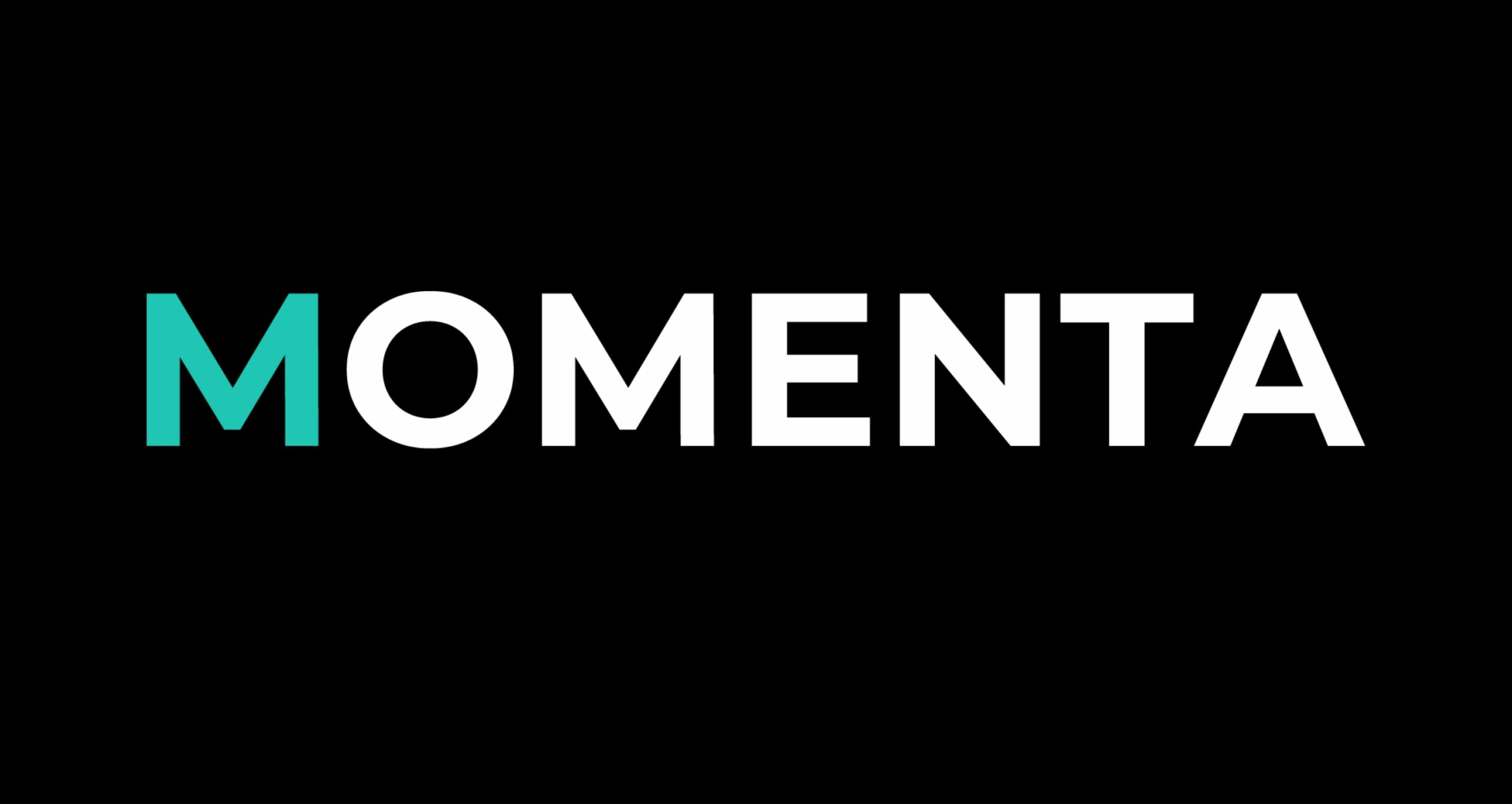What are the next steps for Capital Markets in the LIBOR transition process?
With the April 1st, 2021 milestone having now been passed, Capital Markets can no longer use LIBOR in any new lending or cash products that mature after 2021, when RFRs will be used as replacements.
As the global LIBOR transition process continues apace, what does this latest milestone mean for Capital Markets, and what are the next steps required to ensure their seamless execution in the post-transition landscape?
In a recent report released by Capco management and technology consultancy, it was highlighted that several issues relating to the transition will arise for those businesses operating in Capital Markets.
The report suggested that a range of factors will be key areas of transitional challenge in the weeks and months to come, and these included:
- A lack of liquidity, both over the counter and exchange-traded
- A lack of agreed market convention for loans and derivatives
- No current agreement on fallback methodology
- Hedging uncertainty and accounting standards with new RFRs
- Volatility and negative interest rates for RFRs
With issues such as these, the bigger problem becomes one of prioritisation and what support firms will need to ensure that the post December 2021 transitional requirements are adhered to.
The FCA has been very clear in highlighting that all LIBOR products will either cease to be provided by any administrator after this time, or no longer be representative for all Sterling, Swiss Franc and Japanese Yen fixings. US Dollar Libor will cease on 30 June 2023[1].
The big concern for all businesses must be that, if that is short term issues are not addressed in a timely and effective manner, longer-term challenges will have a significant knock-on impact.
Another key area of concern will be that linear derivatives – LIBOR linked derivatives – will no longer be able to be initiated. The International Swaps and Derivatives Association responded in a statement to the FCA’s announcement on March 5th about the future cessation and loss of representativeness of the LIBOR benchmarks.
ISDA stated: “The announcement constitutes an index cessation event under the IBOR fallbacks supplement and the ISDA 2020 IBOR fallbacks protocol for all 35 LIBOR settings. As a result, the fallback spread adjustment published by Bloomberg is fixed as of the date of the announcement for all Euro, Sterling, Swiss Franc, US Dollar, and Yen Libor settings[2].”
LIBOR-linked debt securities that do not mature by, or cannot be redeemed before, June 30, 2023, will continue to challenge issuers; however, the ARRC has proposed legislation to address outstanding securities that lack fallbacks for LIBOR. While a legislative solution for LIBOR-based debt securities would ease issuer burden, it is unclear whether sufficient momentum will build. Issuers should continue to evaluate liability management transactions as potential solutions, as noted in our previous insight update, and view the reprieve granted for certain LIBOR tenors until June 30, 2023, as being solely for the wind-down of existing LIBOR-linked debt[3].
For many firms, the next steps in transitioning will rely heavily on their communication plans. All counterparties, clients, and vendors will need to be contacted and educated on the LIBOR transition process. Any concerns or issues will also have to be resolved as regulators will be watching closely to ensure that the best interest of the clients is met. Now more than ever firms will need to ensure that they are transition ‘ready’.
Effective and skilled experienced team members will be crucial to the success of all businesses that are facing-up to the challenges presented by this LIBOR transition period.
Works cited:
[1] Basar, S. (2021, April 7). Capital Markets Faces Libor Transition Challenges. Markets Media. https://www.marketsmedia.com/industry-faces-libor-transition-challenges/
[2] www.isda.org. (2021). ISDA Statement on UK FCA LIBOR Announcement – International Swaps and Derivatives Association. [online] Available at: https://www.isda.org/2021/03/05/isda-statement-on-uk-fca-libor-announcement/ [Accessed 8 Apr. 2021].
[3]Markets Media. (2021). Capital Markets Faces Libor Transition Challenges. [online] Available at: https://www.marketsmedia.com/industry-faces-libor-transition-challenges/ [Accessed 14 Apr. 2021].
